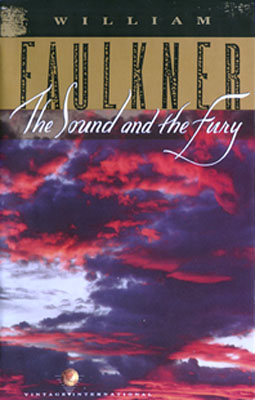Religion and God, and My Theoretical Framework
I’m something of a postmodernist... critical theorist... structualist...
God is this abstract omnipotent, omniscient, and omni benevolent being. Religion is all text associated with god.
I spent most of my adolescents thinking about the question of religion and god. I’ve also taken a course on natural philosophy and religion. I did two years of seminary on the bible, which has also proved useful.
It’s difficult to talk about my opinion of religion and god without piecing it into my all around theoretical framework, which has managed to complicate itself and recomplicate its self exponentially over the past couple years with every new thing I read. Basically theory in general is my passion and I tend to assimilate it into a hodgepodge of my own. This makes for an extremely vague and often contradictory frame of thought. Some professors have told me that this is totally normal and eventually things will become more concrete as I mature.
That being said I’m something of a post-modernist/ critical theorist (vanilla Marxist)/ structualist (I tend to lop post-structuralism in with post-modernism). Translated, this means essentially that I think irrationality is an essential consequence of rationality and vies versa (structuralism). Thus, we all need to create our own mini-narratives between the two for dealing with our day-to-day lives (post-modernism). All the while, we need to keep in mind that there are powerful forces at play within society that may try and manipulate us to act in their interest rather than our own (critical theory).
Applied to religion and god, I should first clarify why I keep saying religion AND god. God is this abstract omnipotent, omniscient, and omni benevolent being. Religion is all text associated with god. Text is essentially everything (vaguely Jacques Derrida). Everything being the dogma, the institution, the scriptures, or the very name and function associated with god. Basically god could be anything; once we start textualizing (talking about, writing about, gesturing about etc.) him, this second stage takes on the form of religion.
After this there's a long spiel about the imperfection of text as a man made system of symbols, the disparity between the signified and the signifier (vaguely Ferdinand de Saussure I think), and how it doesn't do god justice.
Basically it all concludes with me arguing that god may or may not exist but this is hardly relevant as whether he does or not we should still be good people (this roots itself in totally different conclusion on the innate innocents of man and universal morality). Religion is of man and thus somewhat arbitrary and extremely susceptible to the manipulations of those in positions of power. This does not necessarily negate it, for many it serves a very important function, and as the saying goes, "what's wrong with a crutch if you need it." I don't mean that pretentiously, I mean it within the context of us needing to construct our own realities according to our own needs. (Lately I’ve been deeply contemplating to what degree I use theory in a similar manner; I think I may touch on this in some previous blog posts). The pious, just like myself, should always be weary of potential power structures within their chosen dogmas (in my case academia).
In conclusion, I’m doubtful of whether Jesus actually existed or not, although even more sceptical of his role in some kind of grand atonement as the Son of God. I am basically convinced the bible is not the word of god but man's. Religions tend to creep me out but I recognize that there are several kind and virtuous people within these institutions. Some of my closest friends are deeply pious, and I respect them for the fact that they stand for something and constantly strive to better themselves. I will often say "hi" to missionaries because I know they're young men that believe they are genuinely trying to make the world a better place and are sacrificing a great deal for this cause. I often lament that the world of Christians and other self-proclaimed religious types not take their prophets teachings more seriously and actually extend olive branches to one another. I get very upset when the church and the state interfere too much with one another, but this has more to do with civil liberties and democratic majority versus minority politics than any threat posed by the content of religious doctrines. Every once and awhile, and to the lament of my pious friends, when I’m feeling especially small, I’ll pray to what I don't understand, which is a great deal. Even though I am essentially praying to the space between the atoms, this often works. For romantic sake I sometimes like to think that this is less of me playing a mind trick on myself, and more some tacit universal force or spirituality reassuring me that none of us are actually alone.

